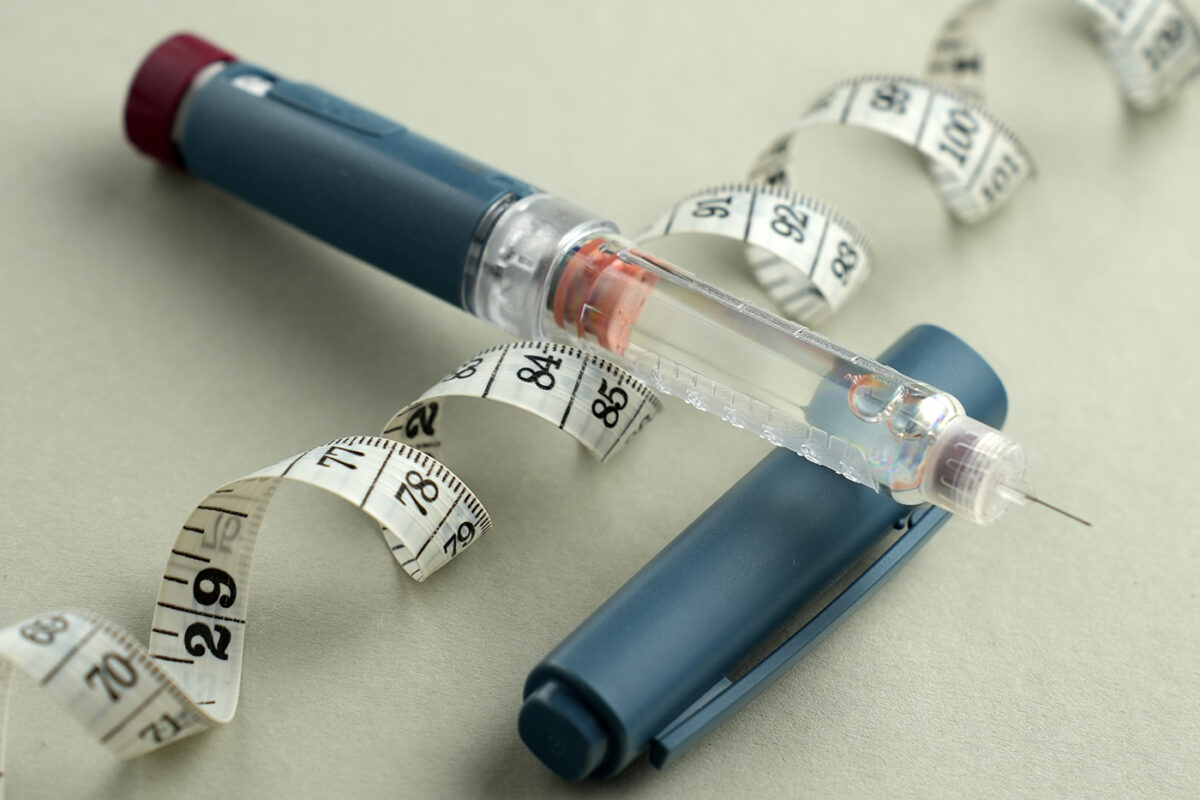
Author
John Lyon
Strategic Communications Manager
Contact
ACHI Communications
501-526-2244
jlyon@achi.net
Healthcare professionals should screen all adults ages 18 and up, including those who are pregnant, for unhealthy alcohol use and should provide brief counseling to those who engage in risky or hazardous drinking, according to a draft recommendation released Aug. 5 by the U.S. Preventive Services Task Force (USPSTF).
The USPSTF states in the draft recommendation that:
- Unhealthy alcohol use is a leading cause of preventable death in U.S. adults.
- Alcohol-related deaths typically are due to the health effects of chronic excessive use, such as heart disease, cancer, or liver disease. However, alcohol-related injuries, such motor vehicle crashes, are also a significant cause of loss of life, especially among young adults.
- Alcohol consumption during pregnancy can result in fetal alcohol spectrum disorders and additional adverse birth outcomes.
- Alcohol initiation at younger ages when the brain is rapidly developing and changing may contribute to an increased risk of unhealthy alcohol use.
According to the draft recommendation, “unhealthy alcohol use” refers to a spectrum of behavior from risky drinking to alcohol use disorder. “Risky” or “hazardous” drinking refers to a level of alcohol consumption that results in increased health risks but does not meet the criteria for alcohol use disorder.
“No level of alcohol consumption is known to be safe,” however, the draft recommendation notes.
One type of drinking that falls within the spectrum of unhealthy alcohol use is binge drinking, which the Centers for Disease Control and Prevention (CDC) defines as five or more drinks for men or four or more drinks for women on one occasion. In Arkansas in 2022, 17.5% of adults reported binge drinking within the past 30 days, according to the CDC. The national average was 17%.
In January, then-U.S. Surgeon General Dr. Vivek Murthy issued an advisory urging that warning labels on alcoholic beverages sold in the U.S. be updated to include warnings about the risk of cancer associated with alcohol consumption, as we noted in a previous post. To date, Congress has not acted to require this change.
The draft recommendation is a proposed update of, and consistent with, a 2018 USPSTF recommendation. The task force based the update on a review of screening tools that are relevant to the U.S. primary care setting and were under development at the time of the previous recommendation. The draft recommendation identifies specific screening tools that healthcare professionals can use to identify unhealthy alcohol use and states that when patients screen positive, clinicians should follow up with more in-depth assessments to confirm unhealthy alcohol use and determine the next steps of care.
The USPSTF declined to recommend screening and counseling for unhealthy alcohol use in all adolescents ages 12 to 17, saying there was insufficient evidence to assess the benefits and harms of providing those services to everyone in that age group.
The task force will accept public comments on the draft recommendation through Sept. 2 and will later issue a final recommendation.
The USPSTF assigned a “B” grade to its draft recommendation. Under the Affordable Care Act, preventive services that receive an “A” or “B” recommendation from the task force must be covered by certain health plans without cost sharing. This requirement was recently affirmed by the U.S. Supreme Court.
The U.S. Preventive Services Task Force is a scientifically independent, volunteer panel of national experts in prevention and evidence-based medicine. There are media reports that Health and Human Services Secretary Robert F. Kennedy Jr. is considering removing all of the task force’s members, as he did in June with the members of the CDC’s Advisory Committee on Immunization Practices.






